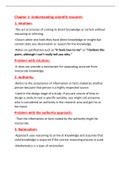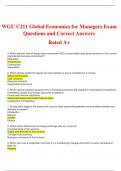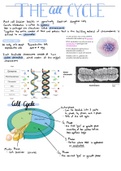Summary
Summary Research notes
- Module
- Institution
- Book
Summary study book Research Methods, Design, and Analysis, Global Edition of Larry B. Christensen, R. Burke Johnson, Lisa A. Turner, Pearson - ISBN: 9781292057743 (Chapter 1 notes)
[Show more]





